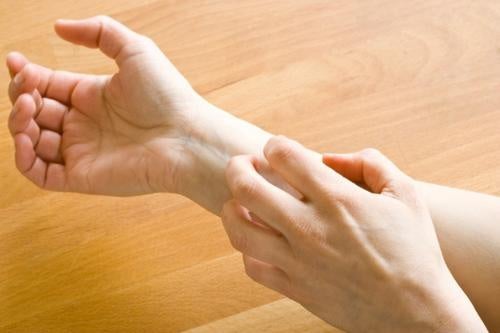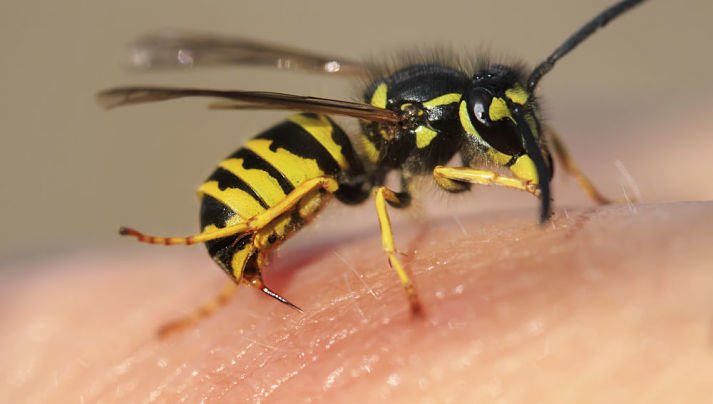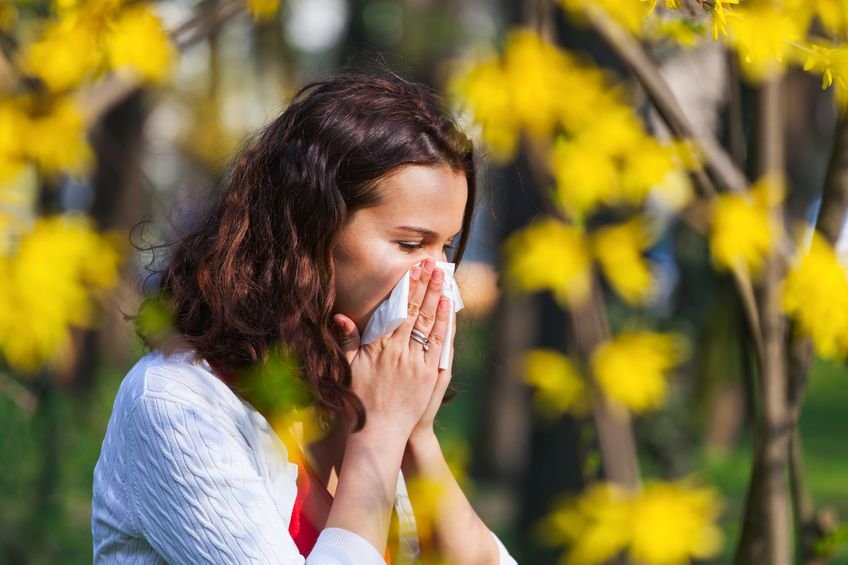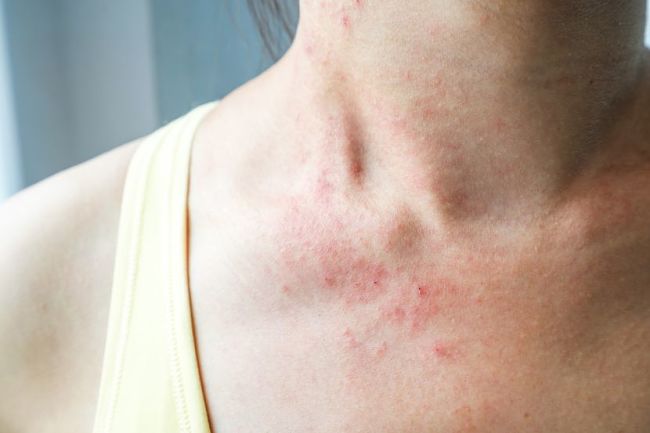What does it mean that my skin itches?

Itchy skin can be a response of the body to contact with allergens. However, it is sometimes the red flag for some diseases and infections. Know its causes.
 There is nothing more exasperating than that itchy sensation on the skin. Although it does not usually alert anything serious, its presence is uncomfortable and can lead to more careful irritations. What does it mean that my skin itches? Today we want to review its main causes.
There is nothing more exasperating than that itchy sensation on the skin. Although it does not usually alert anything serious, its presence is uncomfortable and can lead to more careful irritations. What does it mean that my skin itches? Today we want to review its main causes.
However, it is essential to keep in mind that a doctor or dermatologist review is required, since they are the only ones with the powers to give an accurate diagnosis. The professional can assess how itchy occurs and, based on this, provide treatment.
Table of Contents
My skin itches: why is it?
On average, all people have 2 square meters of skin, which makes it the largest organ in the body. These dimensions make it directly exposed to many environmental agents. As with other parts of the body, it has its own mechanisms to defend itself against what it considers a threat.
So … why does my skin itch? Well, this manifestation, which is known in medical terms as pruritus, has underlying causes that can be mild or more careful. It is often the result of a natural pH disturbance; however, it can be caused by allergies, illnesses, and infections.
Main causes of itchy skin
To be more specific and give an answer as to why my skin itches, we share the main associated factors. In each case the itch may be accompanied by other symptoms. Therefore, if the symptom is persistent, a doctor should be consulted to precisely determine its cause.
- Excess dryness (dehydration)
- Dermatitis
- Psoriasis
- Allergic reactions
- Insect bites and stings
- Parasites
- Sunburn
- Drug reactions
- Superficial skin infections
- Hepatitis
- Iron deficiency anemia
- Renal disease
There are neurons involved …
Several studies have indicated that there are neurons in the brain with a specific task: to indicate when something is sitting on our skin and can cause us problems. A team of scientists from the University of Washington (United States) discovered that there are nerve cells dedicated purely and exclusively to managing the sensation of itching.
The research carried out by a biologist, a psychiatrist and an anesthesiologist were published in the journal Science. The stimuli produced by the itch are collected by nerve fibers that are located throughout the body under the skin. They send a signal to the brain through the spinal cord.
This is where neurons make us realize that something is biting us. These endings are also responsible for letting us know when we feel pain.
When should I seek medical help?
When my skin itches, it is not always necessary to seek medical help. If it is due to an allergic reaction, it will calm down in a matter of hours, even without treatment. Now, it is better to ask for a professional assessment if:
- The cause of the itching is unknown.
- The itching is severe and recurring.
- Along with the itching, other symptoms appear such as irritation, a sensation of heat , inflammation, etc.
Getting an accurate diagnosis can be key to successful treatment. Sometimes, although the cause is not obvious, its origins can be serious and treatable conditions.
Diagnosing the cause of the itch
To diagnose the cause of your itchy skin, your health care provider begins by doing a physical exam and asking questions about your symptoms. Then, if you consider it necessary, you can suggest additional tests such as:
- Blood test: may indicate an underlying condition.
- Thyroid function test: can rule out thyroid problems.
- Skin test: to determine allergic reactions.
- Skin scraping or biopsy: can determine if there is an infection.
Once the doctor determines the cause of the itching, he or she may prescribe some medications. If the source is disease or infection, treatment will depend on the underlying cause. Most of the time it can be controlled with creams and topical products.


